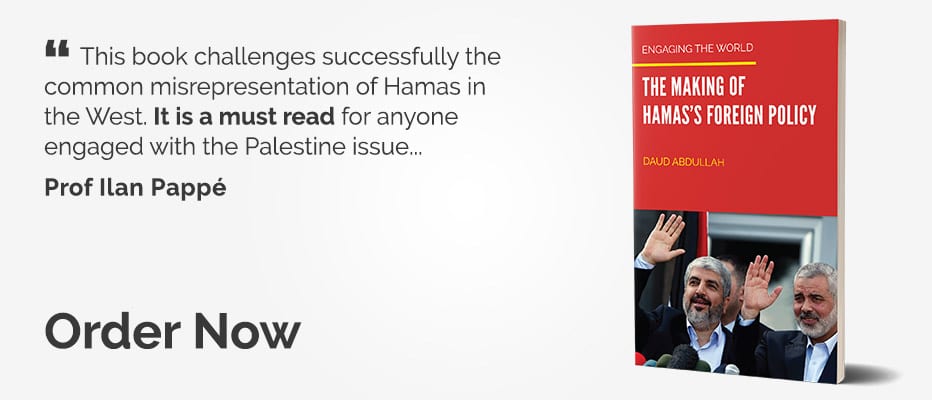Some experts argue that Turkiye's approval of Sweden's NATO membership will strain its ties with Russia. However, a more nuanced approach is needed to understand the issues at stake.
Turkiye-Russia relations go way beyond superficial analysis. Since the Russo-Turkish War of 1676–1681, they have fought on many occasions, and have accumulated sufficient experience to understand each other. They have managed their relationship through balanced, realistic and interest-oriented policies. Sometimes, in this context, 2 plus 2 does not always equal 4, especially in the post-Cold War period.
The Kremlin is aware of two essential things: Turkiye has been a NATO member since 1952, and its army is NATO's second largest; and Russia's relations with Turkiye are conducted through intricate negotiations, taking into account their respective national interests.
As such, Turkiye and Russia have developed negotiation protocols at the intersection of their national interests, through which discussions are frank and to the point. As a result, both sides seek to achieve a win-win situation where each maximise their benefits.
Undoubtedly, at times developments will come as a surprise. However, given the protocols in place, neither side reacts impulsively, while taking steps within the existing framework to protect mutual interests.
OPINION: Did Sweden get into NATO?
Turkiye's approval of Sweden's and Finland's NATO membership bids was not delayed solely due to Ankara's unwillingness to irritate relations with the Kremlin. It was also because both Scandinavian countries were slow in implementing domestic reforms in the fight against terrorism that addressed Turkiye's security concerns.
In other words, Turkiye made its calculations based on its own national interests first, not just according to Russia's preferences. And this is also known by the Kremlin. Moscow did not place all its bets on Turkiye to prevent Sweden and Finland, which share borders with Russia, from becoming NATO members. It did not view Turkiye as a country willing to block such a bid forever.
In any case, Sweden and Finland have aligned their foreign policy with NATO for a number of years, and have been participating in NATO-led military exercises for some time. Furthermore, Sweden's neutrality, enforced for many decades, lost its validity when it gained full EU membership.
Moreover, the two Scandinavian countries decided to join NATO as a protective umbrella when they perceived a threat to their survival and security. Instead of asking why these two countries were approved for NATO membership, a more accurate question would be why did they want to join NATO. That would lead us to a better understanding. In other words, when considering these two countries' NATO membership quest, one should examine Russia's war on Ukraine and the fait accompli referendum, which played a key role in influencing their bids.
Similarly, Russia has not conducted its belligerent strategic move in Ukraine while considering Turkiye's foreign policy. Sweden's desire to join NATO stems directly from Russia's hostile behaviour in its neighbourhood. In a press statement in 2016, Russian Foreign Minister Sergei Lavrov said that he did not believe Sweden would attack Russia directly if it joined NATO, but he mentioned that the Russian army would take any required military measures on the country's northern border.
READ: Turkiye expects Sweden to fulfil pledges under Madrid memorandum for NATO bid
The proximity of NATO to a significant city like St. Petersburg worries Russia, so Moscow must take the required military measures along the frontier in any case. Russia used Ukraine as a pretext to prevent NATO enlargement and legitimise its military operation, but now faces an even more substantial NATO presence on its borders.
What's more, the strategic importance of Kaliningrad has increased, and discussions about the Suwałki Gap, which connects Kaliningrad to Belarus, have gained traction in military circles. The deployment of Wagner forces to Belarus did not come as punishment for this private military company. Instead, it was a step intended to use it to achieve strategic goals and widen the scope of the war if necessary. Wagner mercenaries are now training Belarus special forces just five kilometres from the Polish border. These developments should be interpreted in conjunction with Putin's bold reminder that Poland's western territories were gifted to Poland in 1945 by USSR leader Joseph Stalin.
In the last year and a half, Russia's challenges in Ukraine and its struggle to achieve its goals in its so-called "special military operation" and resulting political isolation have tilted the balance of Turkiye-Russia relations in favour of the latter. This situation has provided Ankara with more leeway in its relations with Moscow. Turkiye acknowledges this window of opportunity and is merely taking steps accordingly.
The views expressed in this article belong to the author and do not necessarily reflect the editorial policy of Middle East Monitor.

![Turkish President Recep Tayyip Erdogan, NATO Secretary-General Jens Stoltenberg, Sweden's Prime Minister Magdalena Andersson, Finland's President Sauli Niinisto, Turkish Foreign Minister Mevlut Cavusoglu attend a signing ceremony of a memorandum on the Nordic countries’ NATO in Madrid, Spain on June 28, 2022 [TUR Presidency/ Murat Cetinmuhurdar/Anadolu Agency]](https://i0.wp.com/www.middleeastmonitor.com/wp-content/uploads/2022/06/AA-20220628-28283147-28283145-TURKIYE_SWEDEN_FINLAND_SIGN_MEMORANDUM_ON_NORDIC_COUNTRIES_NATO_BIDS-scaled-e1656501690637.jpg?resize=1200%2C800&quality=85&strip=all&zoom=1&ssl=1)


